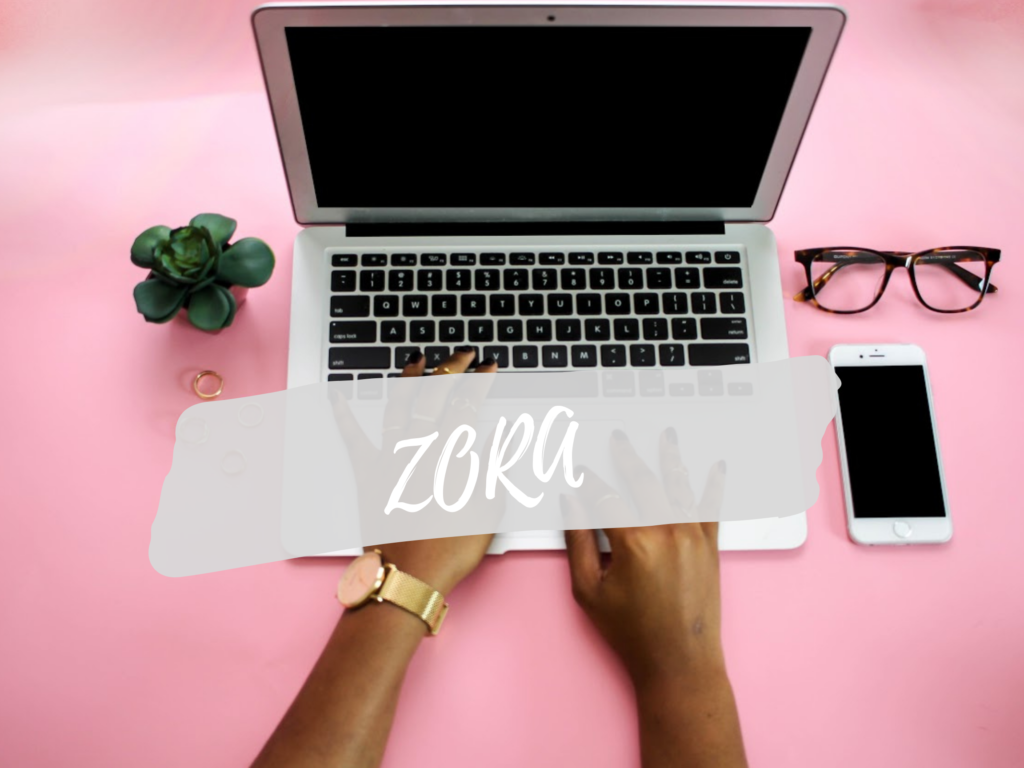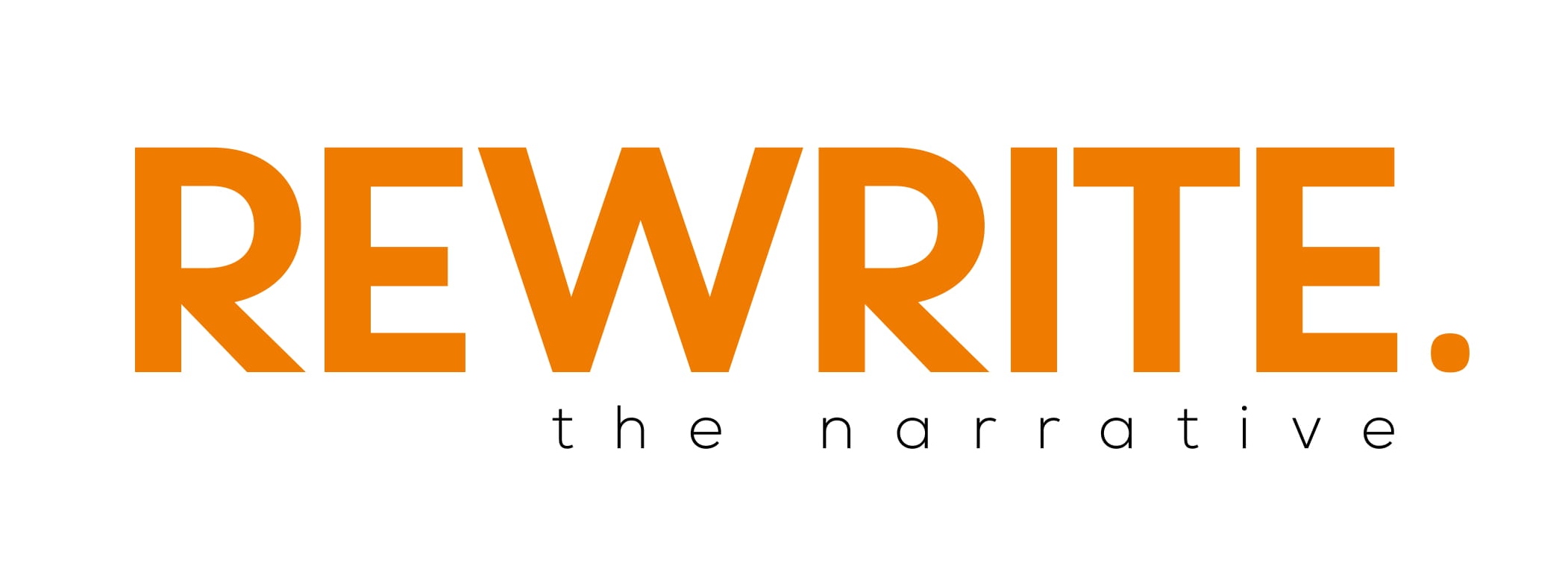I am not a romantic. But love – hard, bad, rough love – well, I could speak on that all day
Bad Love by Maame Blue | Fiction | Jacaranda & Audible | Narrated by Vivienne Acheampong | Listening Time: 5hrs | Review by Niki Igbaroola
In her debut novel, Bad Love, author Maame Blue expertly shows the parallels between the protagonist’s approach to romantic love and the example of relationship she receives from her migrant Ghanian parents. One of the first things that struck me as I listened to Vivienne Acheampong narrate the story, was Maame Blue’s use of language; characters, moments and places instantly come alive.
The joy in this story is in the music and poetry that is part of Ekuah’s healing
The story moves between London, Venice, and Accra as the protagonist, Ekuah Danquah, emerges into womanhood and the entanglements that come with trying to – through work and love – define oneself. Born in London, Ekuah grows up in a house where gender roles are subverted – her mother takes on the role of authoritative breadwinner, and her father, a softer, aspiring musician and primary carer. The role reversals, along with long-hidden secrets, create visible tension in the familial home. Tensions that both shape and hinder Ekuah’s ability to fully “grow up.”
Not All Bequeathments Are Spoken
The interweaving of Ekuah’s parent’s narrative into her own, allows the reader to see how generational behaviour patterns manifest. Despite her father’s musical talent, there is an ironic silence that hangs heavy in the Danquah home. A silence that speaks to secrets from the past that have allowed resentments to be harboured in the present – an overwhelming atmosphere to raise a child in. But, when the silence is broken, Ekuah is forced to see her parents as people with lived histories and complexities; this amplifies the fact that children often forget the humanity of their parents.
The reader takes something of a journey too, one that inspires us to be more open.
There is a notable duality to Ekuah’s feelings as she also deals with the guilt that comes when she thinks about her treatment of her father in her younger years.
The journey to lifting this guilt is one we see unfold throughout the narrative. Ekuah’s encounter with the Italian mafia during a Venetian summer vacation adds to her feelings of grief and guilt. This is a feeling that she also carries into her relationship with Dee Emeka; her first love. The trip to Venice adds an interesting layer to the narrative – the violence that Ekuah encounters stays with her and allows the reader to better understand how she carries and holds on to trauma. It creates room for further empathy with her character, but it also introduces us to an issue in the Venice of that time – mafia violence and its effects on children. This added layer, again, grounds the story in reality and highlighted for me an issue I had been unaware of.
Sound Therapy and Flights of Fancy
The joy in this story is in the music and poetry that is part of Ekuah’s healing; first, because it is a connector between Ekuah and her father, but also because it is a medium through which she finds her voice and something of a purpose. Her work with music and poetry takes her for the first time to Accra, her ancestral home. The ability to go home to Accra is important, not because it is the place in which she “finds” herself, but because it serves as a reminder that sometimes, change of location is not the solution to attacking our problems; the needed work is internal. Still, Accra serves to solidify self-belief, something she loses in her relationship with her first love, with whom she repeats the silences she learns in her parents’ relationship.
In this novel, the safe choice is not presented as the best choice, Bad Love reflects the complexities of humanity rather than an idealist’s view on humanity. By the end, no one is a hero or villain. The reader takes something of a journey too, one that inspires us to be more open.
Bad Love reflects the complexities of humanity rather than an idealist’s view on humanity

ZORA Online Course Feb 2024
ZORA Online Writing Course. Next course dates: 5th Feb – 29th Feb
Want to improve your writing but can’t find the time to attend a course? Our online creative writing course is perfect for busy and hectic lives. The assignments are sent to you every morning, so you can do them whenever and wherever you want!
<span s…

